Page 23 • (426 results in 0.025 seconds)
-
, pointing to Hurricane Katrina as an example. Shortwave radios may be the only means of communication available. “There has never been a time in any disaster when amateur radio operators weren’t operating,” Benton said. The radios are portable and don’t rely on a network since radio waves exist in the natural world. PLU’s station will have two radios that can operate simultaneously on various frequencies. The operators will be able to connect with Willamette University in Oregon, PLU’s emergency partner
-
Ken Arnone Truffles and tempering with PLU baker Erica Fickeisen “How to Cook a Catered Meal from your Residence Hall” with Lisbet Mielke ’90, owner of Ravishing Radish Catering Thundering Hooves natural beef presentation with Keith Swanson ’89 “Sushi Demonstration and Tasting” with PLU lead cook Casey Tomlinson and lead catering cook Javier Alejndro Interest session for the PLU Community Garden hosted by the PLU Garden Club Latkes demonstration and tasting with Svea Erickson ’06, PLU catering
-
April 25, 2008 Poetic imagery celebrates Earth Day Mary Oliver has never written a poem from beginning to end, without edits. She loves her dog, Percy, dearly, and has devoted at least three poems to him. She likes to read non-fiction, mostly. She draws most of her inspiration from the natural world, but isn’t above placing images of former Secretary of Defense Donald Rumsfeld sniffing presidential armpits in her work – really. At last Tuesday’s Earth Day celebration, the reclusive Pulitzer
-
this is in the context of studying natural history and conservation issues. BRAZIL, ARGENTINA Cosmopolitanism: Citizenship in a Globalizing World Students and faculty together conducted an investigation of the impact of globalization upon two major world cities, Sao Paolo, Brazil, the largest city in Latin America, and Buenos Aires, Argentina, arguably the most cosmopolitan city in South America. And, they investigated the concept of cosmopolitanism from a philosophical perspective and its
-
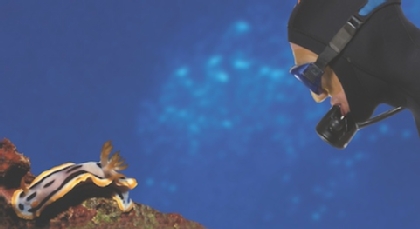
14, Behrens wanted to do anything but follow in his father’s footsteps as a marine biologist. Then he took a marine biology class in high school, and the passion was reborn. He was an assistant for his teacher his senior year in high school and she made him rough out the final exam questions, based on what he could see on the beach. It taught the future professor the importance of getting his students out of the classroom and onto the natural environment. And, certainly, into the water. “I love
-
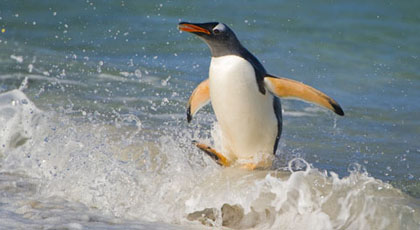
Island, 1,200 miles out from Argentina (earning it the title of one of the most remote islands in the world), again to study these birds who are at both clumsy and sleek, depending on which medium they are observed in. “Okay, I admit it, I’ve been bitten by the penguin bug,” he said. His personal goal is to see all 17 species of the world’s penguin in their natural environment. “I’m almost afraid to say this, since it will mean some pretty exotic travel and trying to reach difficult environments
-
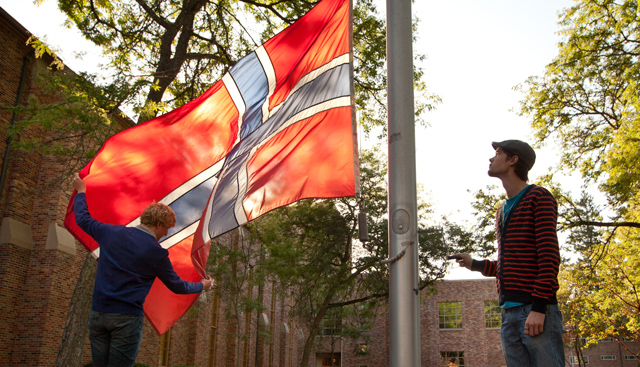
Berguson, associate professor of Norwegian and Scandinavian area studies, “the responses seemed natural and anything but naïve.” The Scandinavian Cultural Center and the Department of Languages and Literatures sponsored Berguson’s lecture, “My Little Country’: Norway’s Responses to Terror,” on Tuesday, Sept. 19, to honor the lives lost and provide insight into Norwegian responses to the acts of terror. “The summer became more than what any of us had imagined,” she said of the attacks. Berguson was in
-
natural horn lesson with specialist, Andrew Clark. My past experience has shown me that these types of events are valuable for all levels and all kinds of musicians.” The Horn Symposium is an annual event that changes location every year based on who is able and willing to host it. Members of the Northwest Horn Society have been undertaking these symposia for several years now with the goal of educating and promoting excellence in horn playing. The last time it was held at PLU was in the 1990s. The
-
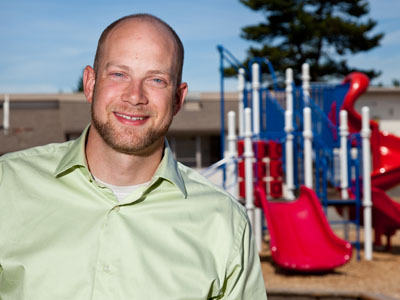
, there’s a natural link between the two. He asks: Once students return from a study away program, what are they going to do with all that energy? “What better way to direct it than in our own backyard,” he said. “Community service is a great resume building, no doubt,” he added. “But it’s also part of PLU’s mission revolving around what it means to be a citizen, what it means to be a good neighbor, and our individual and collective responsibility to participate in our community.” Zylstra graduated
-
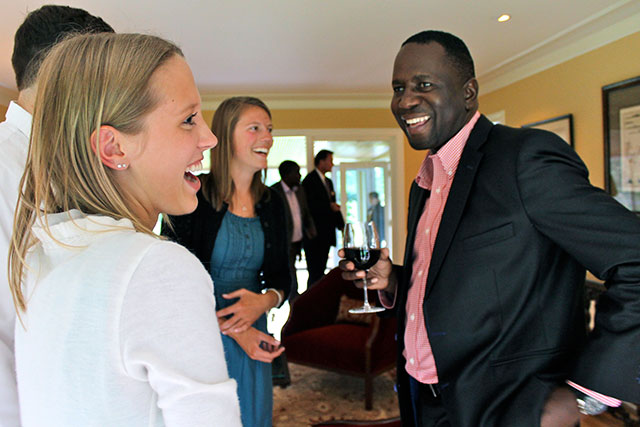
including Frank Kline, Dean of the School of Education and Kinesiology; Terry Miller, Dean of the School of Nursing; and Matt Smith, Dean of the Division of Natural Sciences. In addition, President Thomas Krise and his wife, Patty, hosted a dinner in honor of the Namibians at Gonyea House. But it was Edwin Tjiramba’s powerful connection to PLU that made this global homecoming an uncommon treat. He first arrived at PLU in 1990 through an educational program initiated by the Lutheran Church in the newly
Do you have any feedback for us? If so, feel free to use our Feedback Form.


